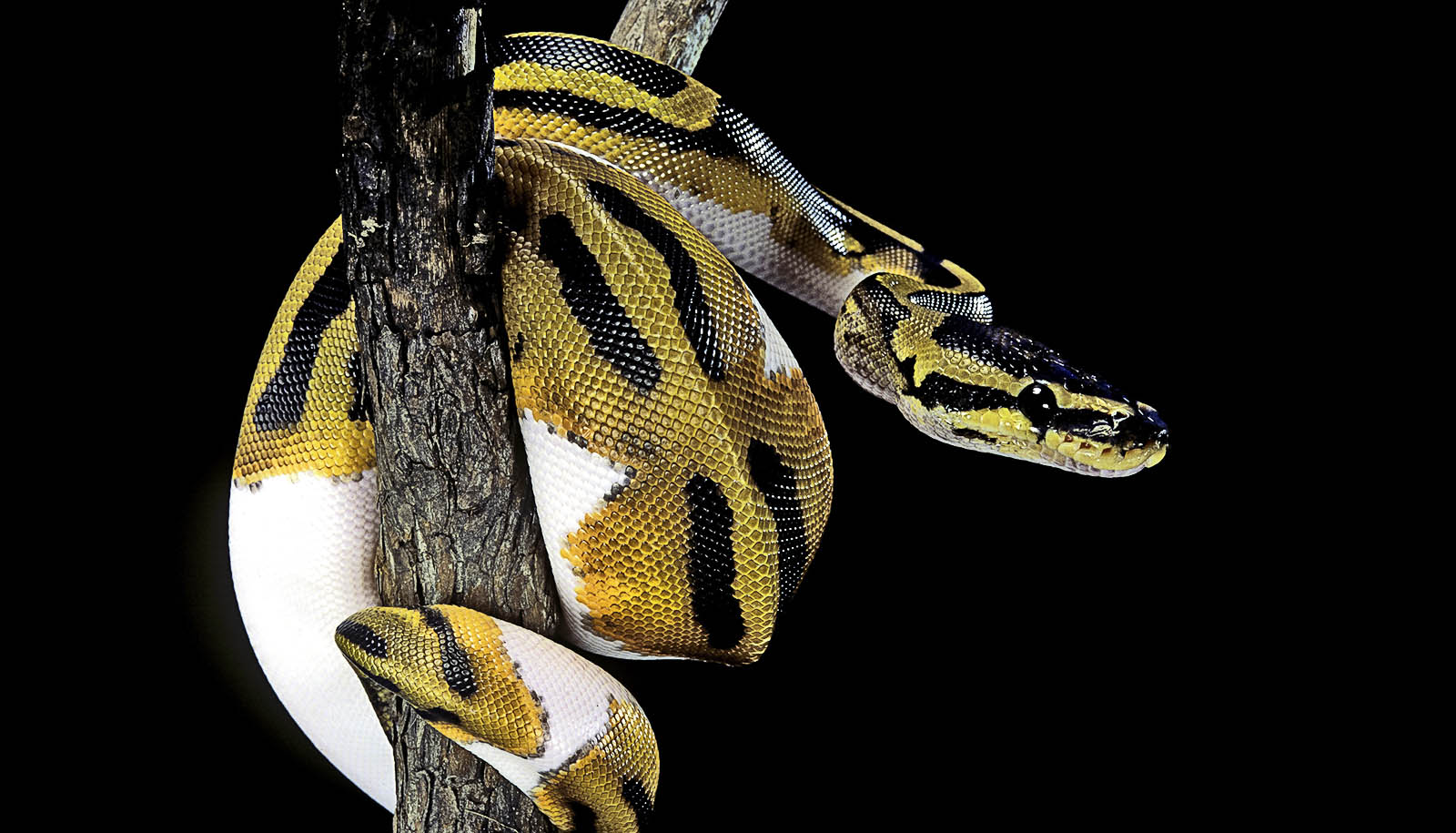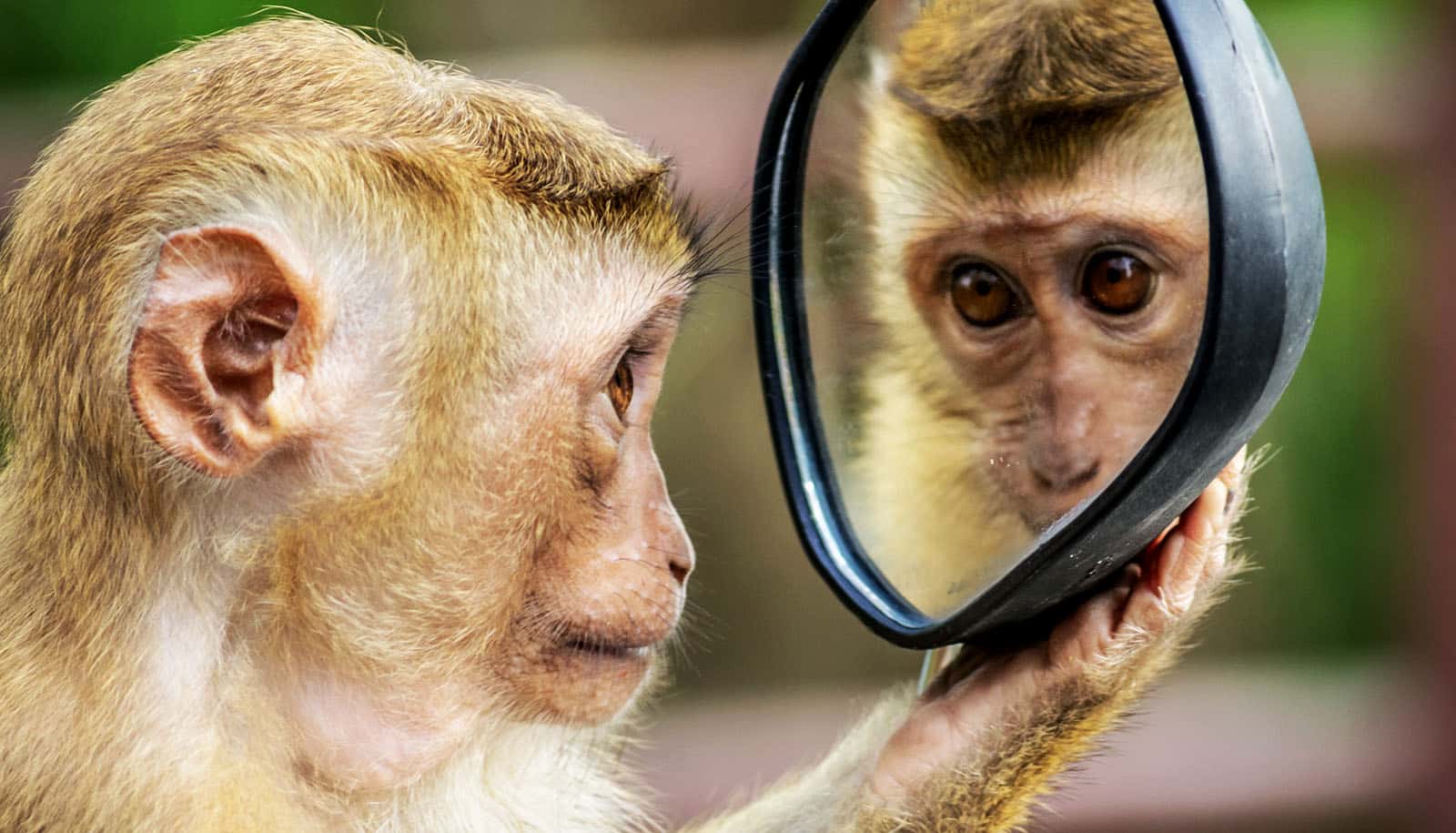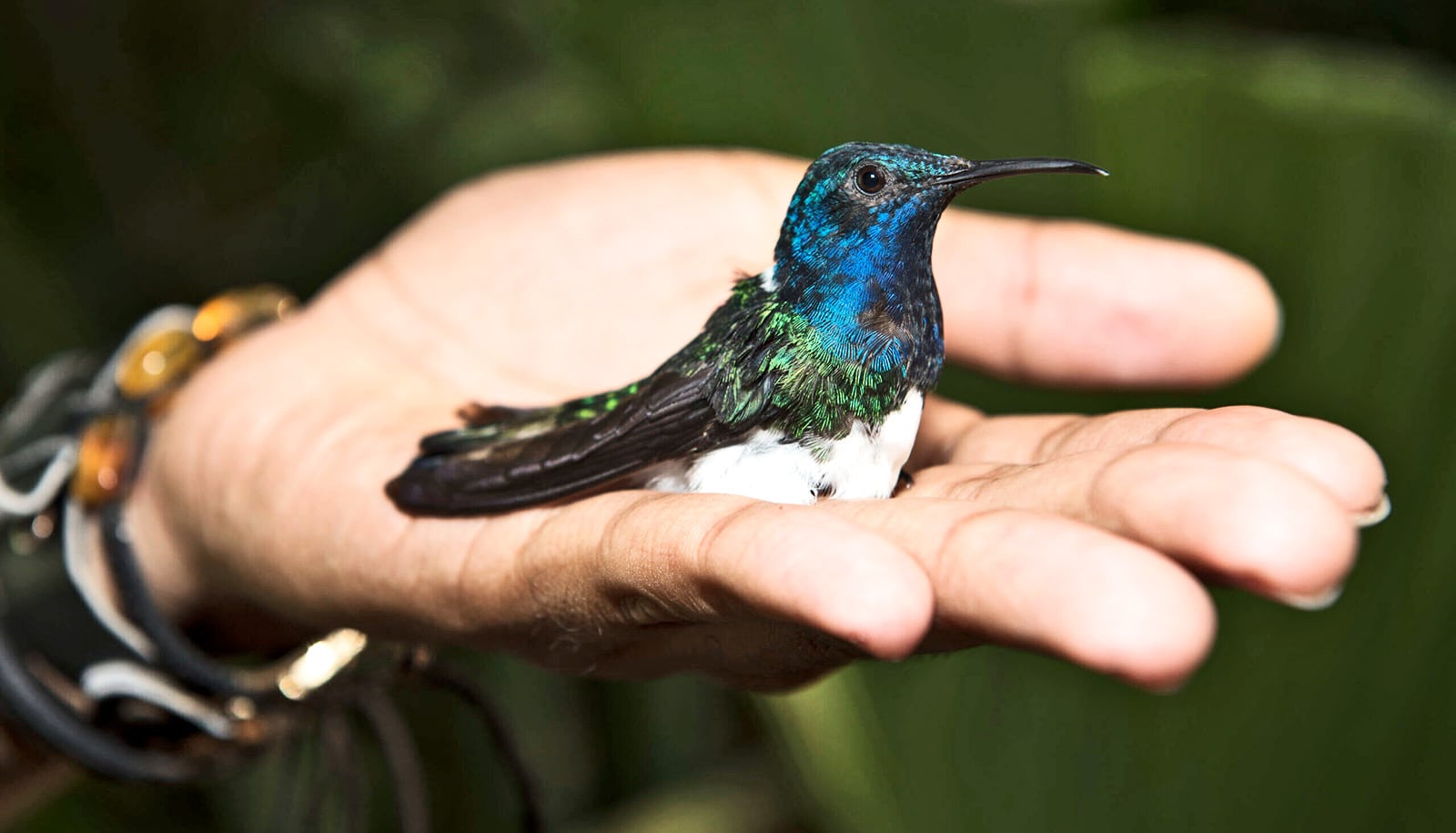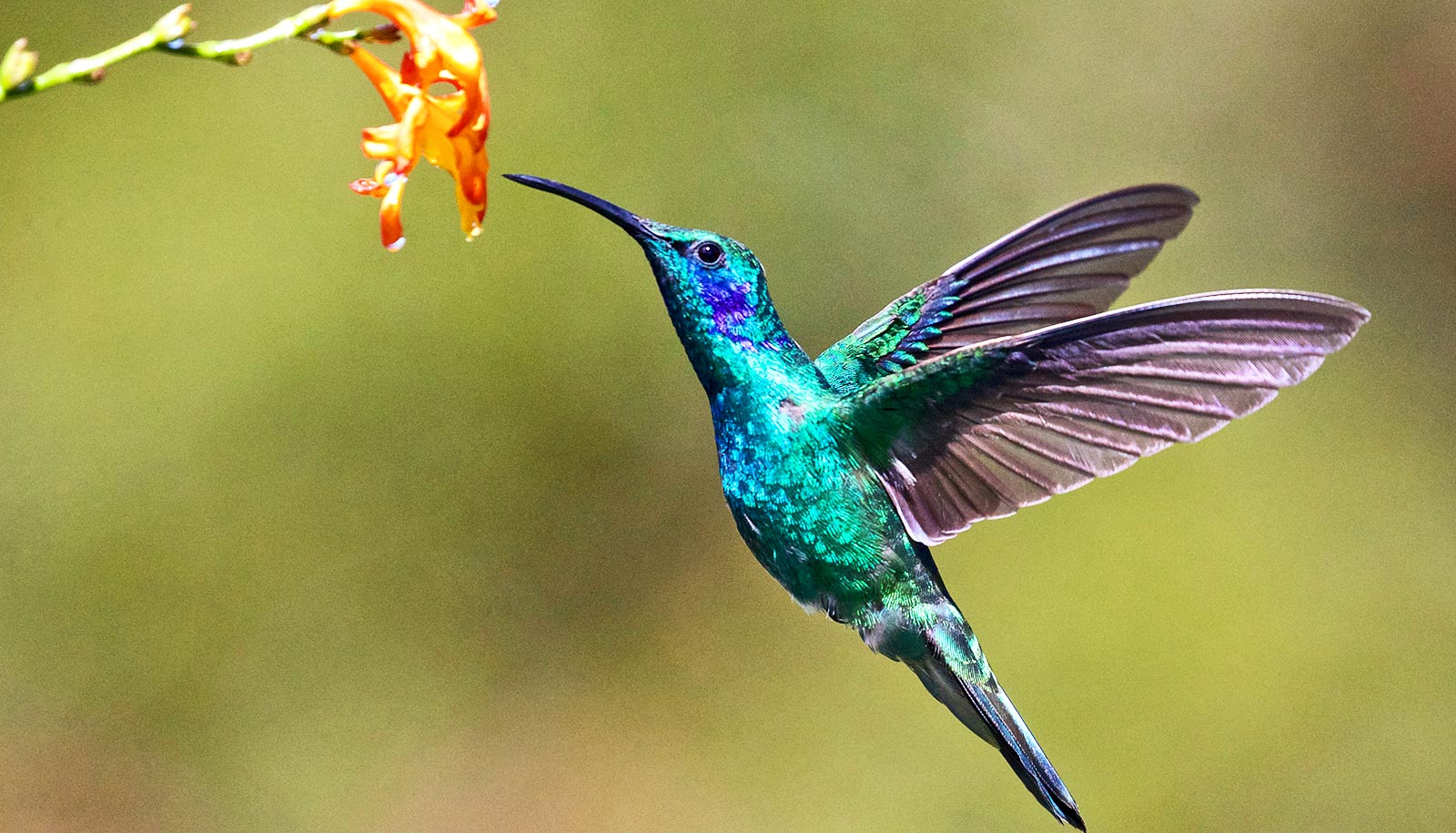Breast cancer awareness campaigns too often overlook those with metastatic breast cancer – here's how they can do better
October is awash in seas of pink T-shirts, balloons and ribbons in honor of Breast Cancer Awareness Month. But this messaging fails to recognize people who are not cured of the disease.
Rachel Kraus, Professor of Sociology, Ball State University •
conversation
Oct. 5, 2022 • ~10 min
Oct. 5, 2022 • ~10 min
Educators can help make STEM fields diverse – over 25 years, I've identified nudges that can encourage students to stay
Research shows underrepresented people in STEM studies thrive in learning environments that address their need to belong, feel competent and find meaning in their work.
Nilanjana Dasgupta, Professor of Psychological and Brain Sciences, UMass Amherst •
conversation
Sept. 12, 2022 • ~9 min
Sept. 12, 2022 • ~9 min
Human skin stood up better to the sun before there were sunscreens and parasols – an anthropologist explains why
Our ancient ancestors didn’t have clothes or houses – but that constant exposure to the sun helped their skin protect itself from the worst sun damage.
Nina G. Jablonski, Evan Pugh University Professor of Anthropology, Penn State
• conversation
Sept. 6, 2022 • ~9 min
Sept. 6, 2022 • ~9 min
/
9








